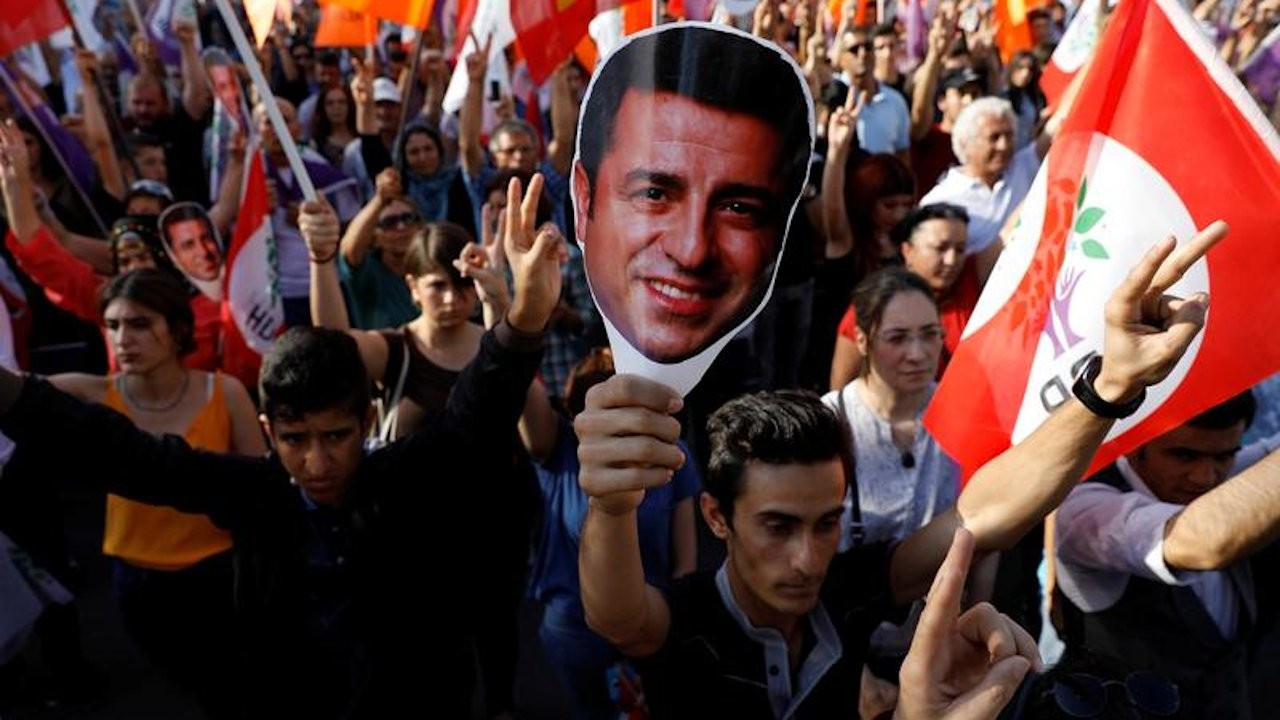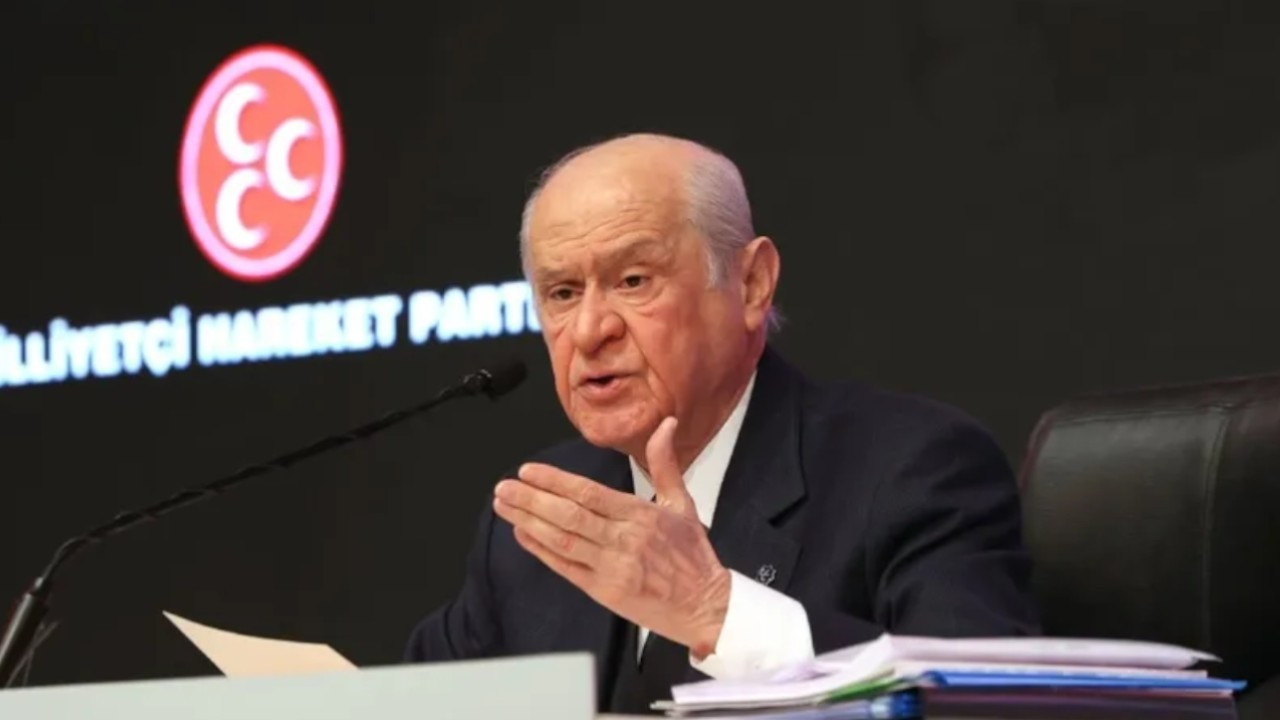Demirtaş's lawyer asks Turkey's ECHR attorney his opinion about Ankara's non-compliance with rulings
One of the attorneys for former HDP co-chair Demirtaş asked the lawyer who represented Ankara in Demirtaş's case in the European Court of Human Rights (ECHR) what he thought about the Turkish state's failure to comply with the top court's rulings. Most recently, Erdoğan said that the ECHR ruling calling for Demirtaş's immediate release didn't bind the domestic judiciary.
Duvar English
Pro-Kurdish Peoples' Democratic Party (HDP) former co-chair Selahattin Demirtaş's attorney asked the law professor who represented Ankara in the European Court of Human Rights (ECHR) what he thought about the Turkish government's failure and refusal to comply with the top court's ruling urging Demirtaş's immediate release.
Demirtaş has been detained since Nov. 4, 2016 despite his acquittal from the initial charges against him, a ruling by the Turkish Constitutional Court and two ECHR rulings calling for his release.
Most recently, President Recep Tayyip Erdoğan said that ECHR rulings didn't bind Turkish courts, prompting outrage both nationally and internationally.
"Mr. Talmon, You represented Turkish government on Demirtaş case before the ECHR. Turkish gov't declareted that ECHR decisions cannot bind the domestic law in TR. Please forgive my curiosity, what do you think about it? Best regards," said attorney Mahsuni Karaman of the Diyarbakır Bar Association.
Mr Talmon,
— Mahsuni Karaman (@av_mkaraman) January 27, 2021
You represented Turkish government on Demirtas case before the ECHR.
Turkish govt declareted that ECHR decisions cannot bind the domestic law in TR.
Please forgive my curiosity, what do you think about it?
Best regards.
Kestane kebap, rush response☺️ @StefanTalmon
Karaman also made a joke that got lost in translation: "Kestane kebap, rush response," rhymes in Turkish, and is a whimsical way of asking for a swift response to an inquiry.
Demirtaş has become the subject of multiple other indictments since the initial one, prolonging his imprisonment to the point that it was declared to be a violation of his human rights by top courts.
Animosity toward and antagonization of Demirtaş are common elements in the political rhetoric of Erdoğan, the ruling Justice and Development Party (AKP) and ruling alliance partner Nationalist Movement Party (MHP).
Demirtaş and the Kurdish political movement, as well as the Kurdish community in Turkey, are often portrayed to be related to terrorist activity by Ankara, as thousands have been prosecuted for being associated with the Kurdistan Workers' Party (PKK).

 European Parliament calls for immediate release of Kurdish politician Selahattin DemirtaşHuman Rights
European Parliament calls for immediate release of Kurdish politician Selahattin DemirtaşHuman Rights All HDP deputies ask one question to parliament: Is Turkey not bound by ECHR rulings?Human Rights
All HDP deputies ask one question to parliament: Is Turkey not bound by ECHR rulings?Human Rights Turkey's nationalist leader again targets Demirtaş in New Year's messagePolitics
Turkey's nationalist leader again targets Demirtaş in New Year's messagePolitics